Indian and Pakistani forces exchanged gunfire along their disputed Himalayan frontier after a deadly attack that left 26 tourists dead in Kashmir.
The attack has sparked a fierce diplomatic standoff between the nuclear-armed neighbors.
Indian officials claimed that Pakistani soldiers opened fire on Indian positions in Kashmir late Thursday.
Indian soldiers returned fire, but no casualties were reported.
While Pakistan has yet to officially comment, the Foreign Ministry urged restraint and expressed frustration with India’s accusations, dismissing them as unfounded.
The attack, which occurred near the popular tourist town of Pahalgam, is the deadliest on civilians in Kashmir in a quarter-century.
India swiftly blamed Pakistan for backing the Lashkar-e-Taiba group.
Indian Prime Minister Narendra Modi’s government has vowed to track down those responsible, with Modi promising to “pursue them to the ends of the Earth.”
In the aftermath, India imposed a series of punitive measures against Pakistan.
These include suspending a crucial water-sharing treaty, closing the only functional land border crossing, and revoking visas for Pakistani nationals.
Pakistan responded by expelling Indian diplomats, suspending trade and warning of dire consequences if India attempts to halt the flow of water from the Indus River, labeling such an action an “act of war.”
The violence has already shifted to the diplomatic front, with both sides accusing each other of stoking tensions.
Pakistan’s Prime Minister Shehbaz Sharif convened an emergency meeting with military leaders, warning of strong retaliatory measures.
“Any threat to Pakistan’s sovereignty will be met with firm reciprocal measures,” he said.
Meanwhile, Islamabad continues to deny any involvement in the attack, with its Foreign Ministry labeling India’s claims as “frivolous” and “illogical.”
The shocking attack has sparked outrage across India, especially among Hindu nationalist groups, and has led to increased harassment of Kashmiri students at universities across the country.
The U.N. has called for maximum restraint, warning that any further escalation could lead to catastrophic consequences.
“Any issues between India and Pakistan should be resolved through meaningful, peaceful engagement,” a U.N. spokesperson said.
As tensions flare, there is concern that the dispute, long rooted in the Kashmir region’s complex history, could lead to military conflict. Both India and Pakistan, nuclear powers with a long history of violent confrontations, have mobilized their armed forces.

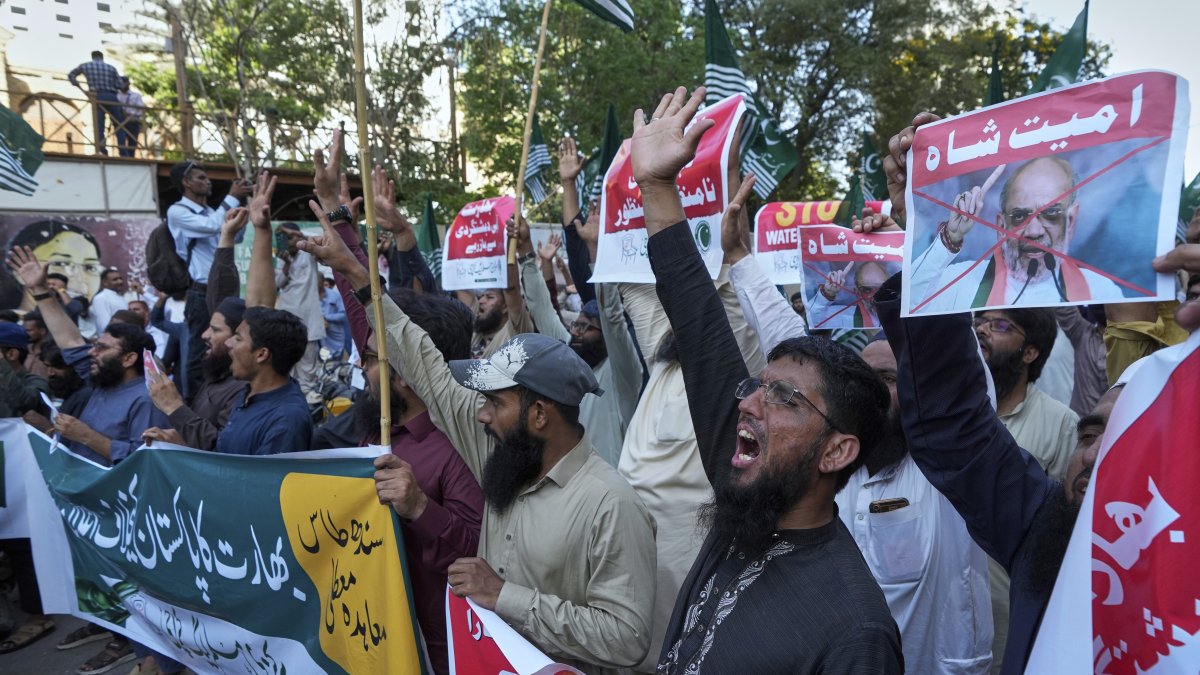
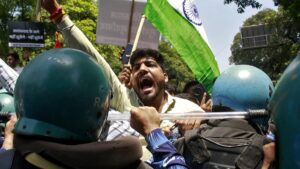





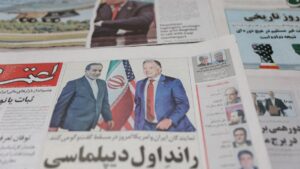







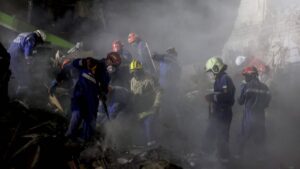









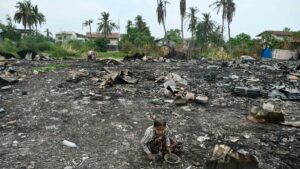
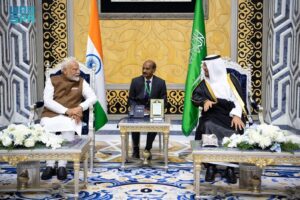













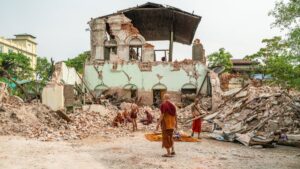
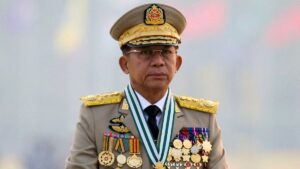







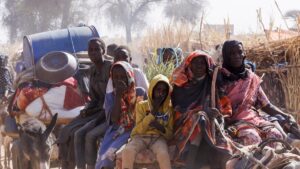

Be First to Comment